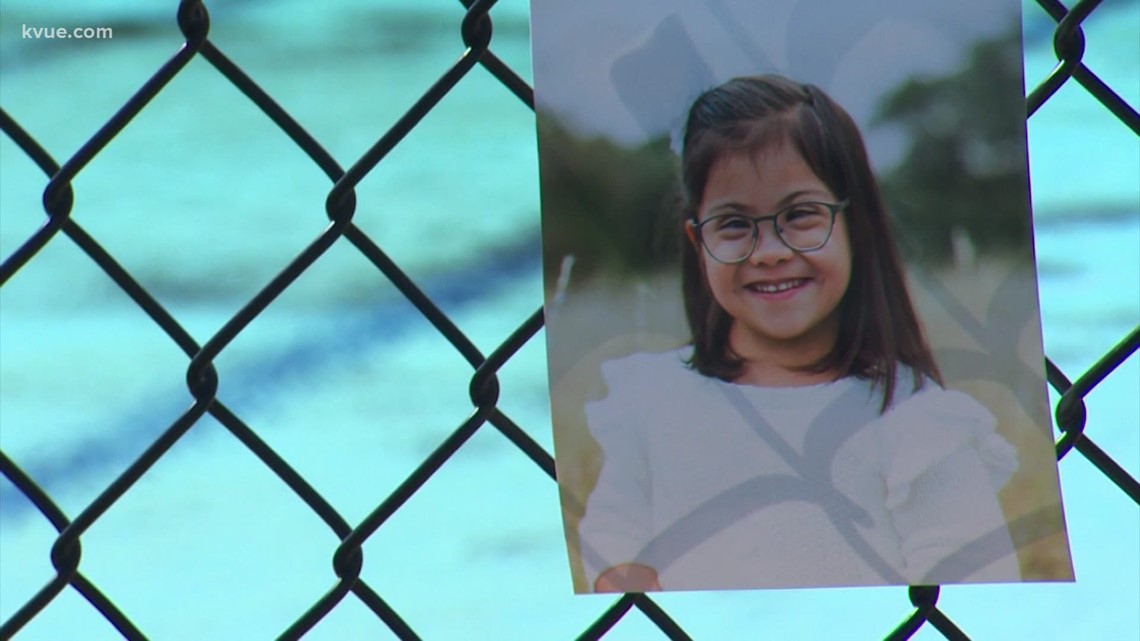
A previous petition calling for the song’s removal had garnered close to 100 faculty signatures. Recently, a petition calling on UT-Austin leaders to remove the song has circulated, with nearly 180 faculty as of Tuesday morning threatening not to attend graduations and university events unless it’s confirmed the song won’t be played. While a university commissioned report found in March that the song “had no racist intent,” it has done little to diminish the controversy. That demand was faced with swift opposition from alumni and heavy weight donors who clamored for the school to keep the song and threatened to pull donations if it went away. Walker said she knew students who didn’t sing “The Eyes” even before student athletes brought attention to the matter by demanding the school do away with the tradition last summer in the wake of the death of George Floyd at the hands of police. “I’m always like having this game of mental gymnastics that I’m playing, like, ‘how should I describe this?’ Or, ‘should I be as open and honest?’” “It definitely has been an added, like, burden on my mental health to go get dressed and put on my tour guide Polo and go out and talk to families that are oftentimes like predominantly white, about like things like racial justice here on campus,” said Jeremiah Baldwin, a tour guide and sophomore at UT-Austin. In some instances, students said questioning has gotten aggressive.
#EYES OF TEXAS LYRICS HOW TO#
Multiple students who spoke to the Tribune said they’ve had uncomfortable conversations with prospective parents and students about the controversy over the past year, yet they have not received any guidance for how to deal with questions about the song while giving tours. They reap so many benefits of having our presence there but can’t honor something that makes us overtly uncomfortable. “We bring in students into this university and showcase this university in a way other students cannot. I feel heard’ … The way that I feel has completely flipped in the past 12 months,” she said. “I stand up there and say, ‘I feel welcomed. Walker, who is Black, said she is often asked on tours by Black families about her experience on campus. Student tour guides compared the university’s action over the plaque to its recent announcement that members of the Longhorn marching band are required to play “The Eyes of Texas.” The university said if they opted against playing the school song they can join a separate, newly created band where it won’t be required. The tour guides estimated that the strike includes roughly 55 students, about half of all the guides.

“We feel that in order to have an inclusive space where everyone feels safe and welcomed that a name change is necessary,” wrote Noemi Gomez, student program coordinator in the university’s admissions office. Previously called “the Guides of Texas,” intended to sound similar to “The Eyes of Texas,” the admissions office decided to separate itself from the name last July, according to an email sent to students by the admissions office and obtained by the Tribune.

The request to remove the plaque from the Welcome Center came months after admissions renamed the tour guide group. Members of the Texas Tour Guides said the song has created a divisive environment on campus and wanted the plaque to be removed to ensure all student employees and prospective students feel comfortable in the Welcome Center, according to more than six students who work or volunteer as tour guides and spoke to The Texas Tribune. There’s a whole generation of students and minority students that are equally and more mad than we are and don’t want to enter a space that predetermined their opinions don’t matter.” “This is the beginning of it and people resisting that decision and not accepting a committee of people deem the song isn’t racist. “I think this is the tip of the iceberg honestly,” Walker said. UT-Austin President Jay Hartzell has repeatedly affirmed that the university will keep the song.

Kendall Walker, a UT-Austin senior who is part of the student strike in the admissions office, said she thinks administrators wrongly assumed the issue would die down after the school formed a committee this past year to study the song’s origins. Students say protests over the song are not going away. UT-Austin officials did not respond to a request for comment about the incidents, nor did they respond to written questions.


 0 kommentar(er)
0 kommentar(er)
